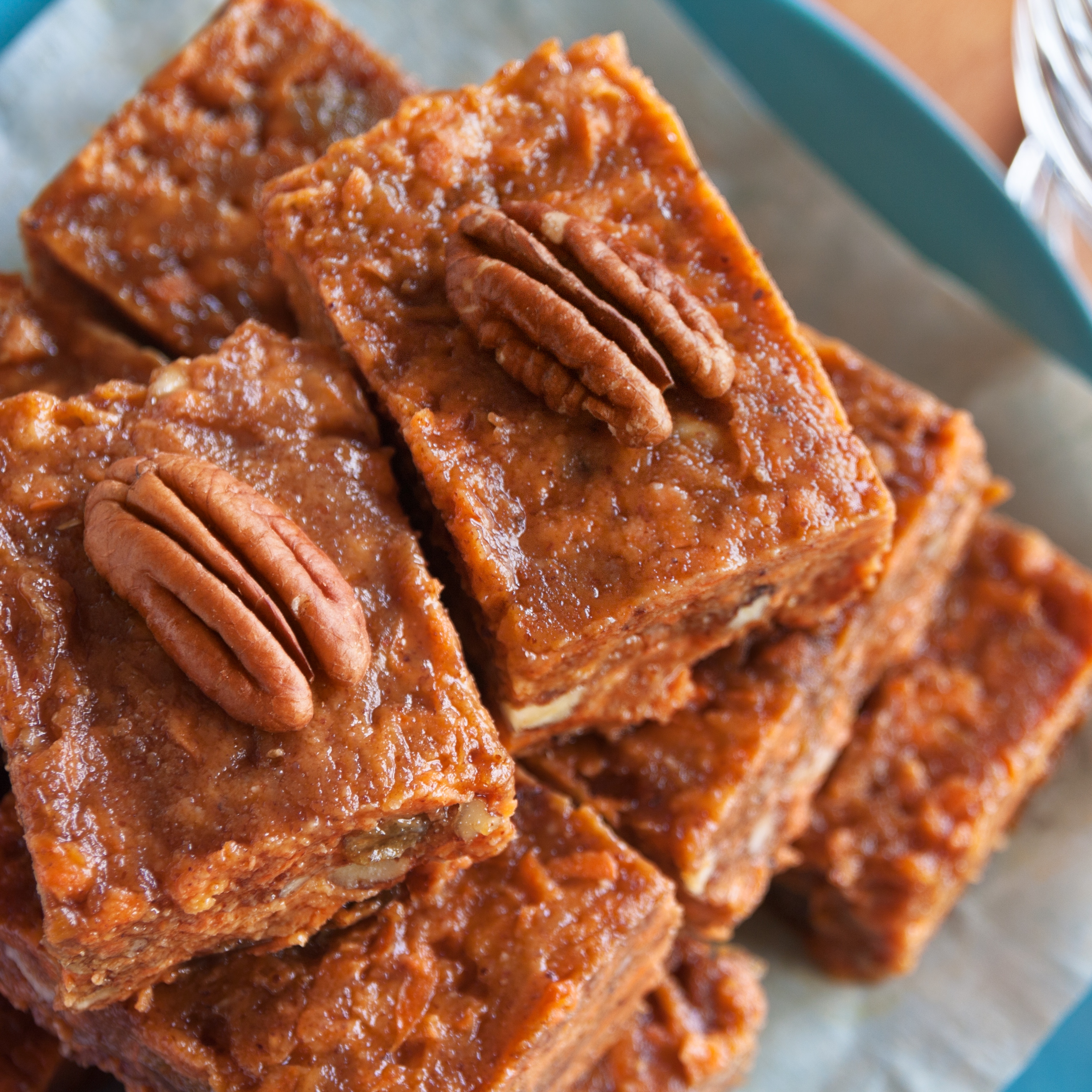Let’s be honest, food allergies and diet restrictions are a major pain. As a mom and wife of two celiacs, I can safely say that whether you are the host or the guest, issues with food are, well, an issue. That said, as this topic is very near to me, I can tell you that there are some rules of etiquette I believe all hosts can follow to keep their guests safe, and a few that invitees with dietary issues can follow too so that they aren’t the most challenging guests at the party.

As a Host
Use several (several) serving pieces.
Prevent cross contamination by having at least one serving utensil for each dish served. Ideally, keep dishes far enough apart that it’s less likely a guest will mix serving pieces with different dishes.
Save some of each food served.
Things happen, (those serving utensils get mixed), and let’s be honest, sometimes people pick at food too. If you are serving individuals with allergies, and worked to keep foods safe for them, follow through by keeping some of what you made in a safe, untouched, spot.
Use signs.
Holiday meals at my house always include a sign letting my guests know which dishes are gluten free, vegan, vegetarian, and nut free…yup, I serve needy guests.
Avoid certain allergens, but don’t go crazy.
That said, I need to accept that I can’t go crazy. I’m never going to be able to make dishes that work for everyone, so I aim for variety and hope that each guest will at least be able to make a balanced plate.
Ask questions and never assume.
I can tell you that when a host asks us questions about how to safely prepare foods for my family, we are never offended. Indeed, it gives us an opportunity to talk about products and ingredients we recommend and ensures that effort isn’t put in by the host to create a dish that will either be unsafe or well, just not good.
As a Guest
Be gracious and don’t assume every dish should be for you.
Provide as much info ahead as requested.
If a host reaches out to you, provide them with tips, product suggestions and other safe suggestions so that they can make you a dish you can enjoy. Especially important may be to mention the need to use clean, unused products (such as new sticks of butter), previously unused casserole dishes or tins, and more, to prevent cross contamination.
Bring a dish and a dessert and maybe a couple of items for “appy” hour.
Bring something from home, and you’ll know there will be something for you to eat. This can either be an item just for you or large enough to share. We tend to bring both an entrée and a dessert to share (and sometimes still separate out our portion ahead of time). Please keep this in mind particularly for appetizers, which are often shared, and easily mixed, so cross contamination is hard to prevent.
Know the situation and don’t go hungry.
There are going to be times when it’s easy for you because you know the host well or have been to the restaurant before. However, there will be many times when you don’t know the scene. When this seems to be the case, it’s best to eat ahead of time and bring something small for yourself just to be sure.
Get your food first.
If you are at a space that you feel comfortable at, make sure you serve yourself to first so that you can make a safe plate. In fact, you may even want to make two plates to ensure that there are still safe foods for you when you are ready. If it turns out you don’t want seconds, you can pass those servings onto someone else.
Dishes to Make and Share
Eggroll Bowls (use tamari to make gluten free)